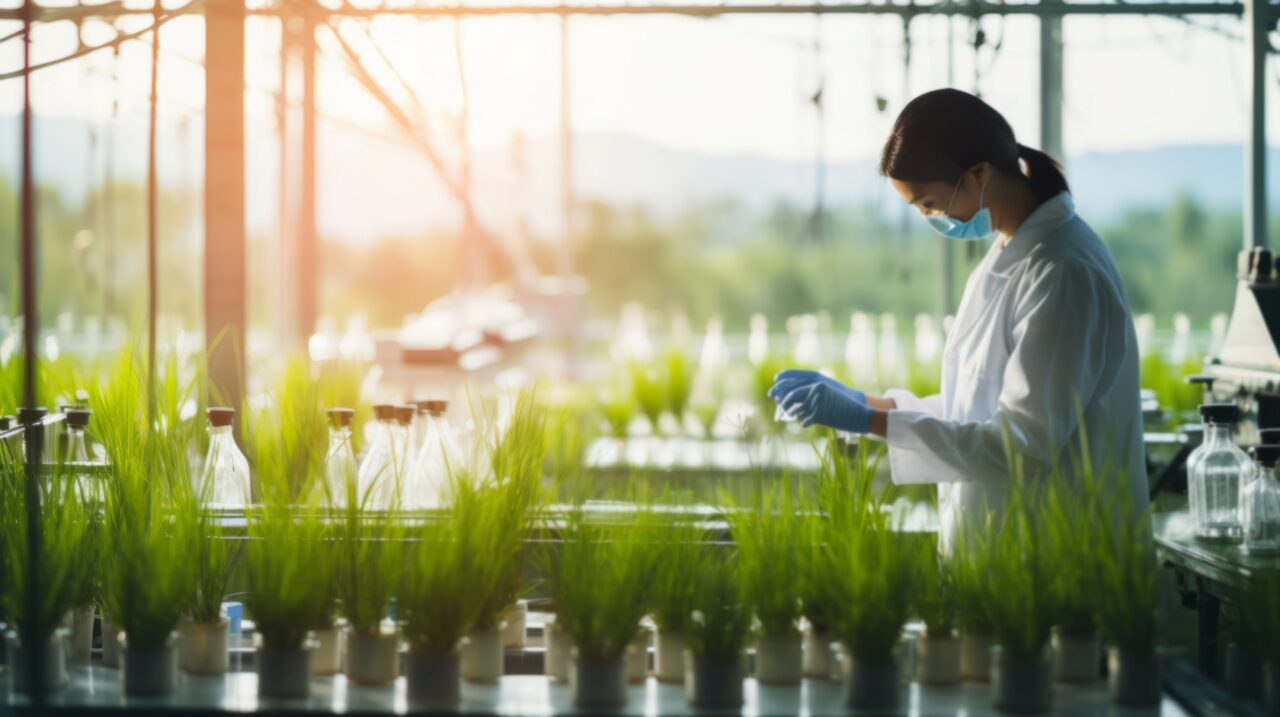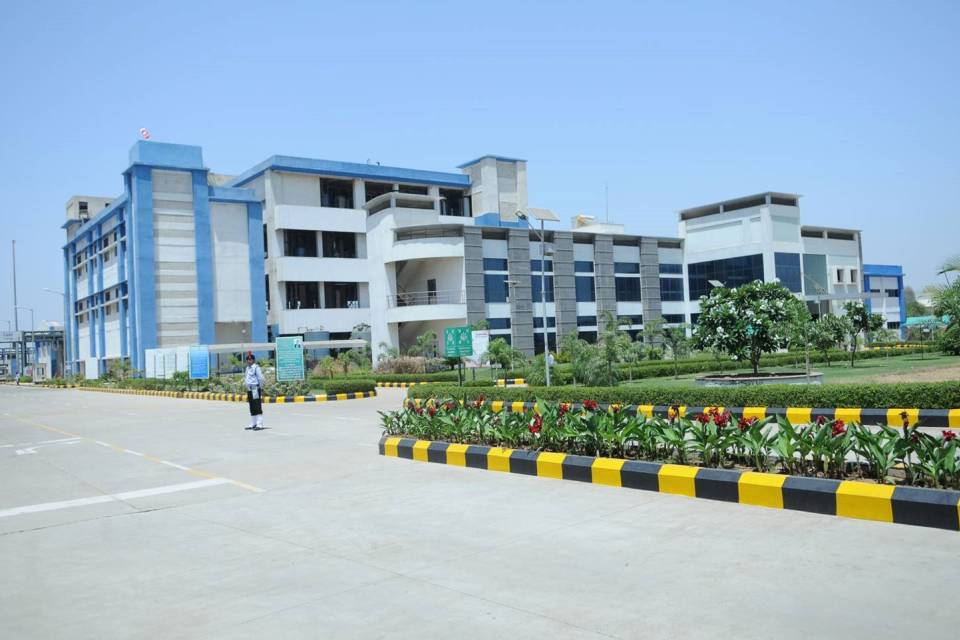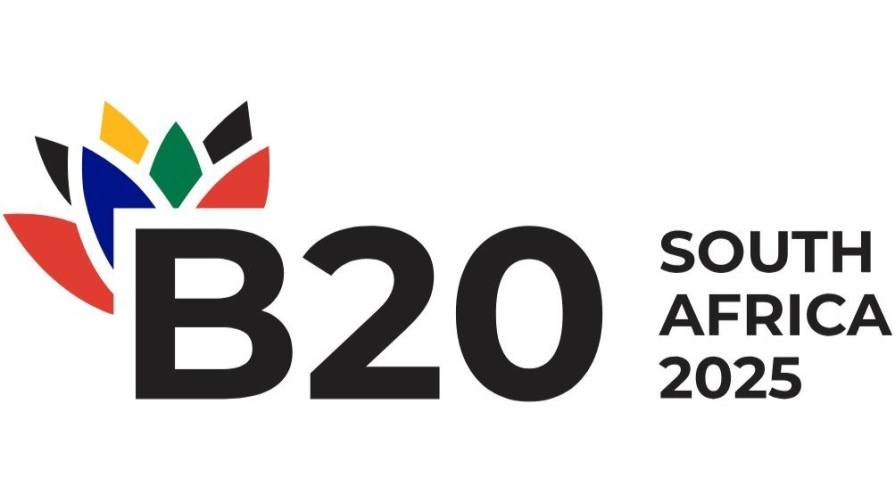What Are the Investment Expectations for the Biologicals Market?
Editor’s note: Each year, 2BMonthly’s State of the Industry feature includes a Q&A with executives from leading biocontrol and biostimulants companies worldwide. The 2024 feature touched on a wide range of prevailing topics including the investment climate for biologicals, where the industry’s biggest innovations are likely to come from, and the ongoing challenges related to the European regulatory climate. In the excerpt below, experts offered their views on investment expectations for biologicals in the short to medium term.
Q: How do you view investment expectations for biologicals in the short to medium term?
Pam Marrone, Co-founder & Executive Chair, Invasive Species Corporation: It’s been difficult for startups that are at Pre-seed and Seed stage, while more advanced companies are being funded. Switch Bioworks, Elicit Plant, Solasta, Agospheres, Biotalys, Micropep, Catalera, Botanical Solution, BioConsortia got funding in 2024. It appears that Europe-focused VCs are leading the way in funding of biologicals companies. In 2025 predictions are that things are looking up a bit with US investors, with interest rates going down, but there is still a lot of uncertainty with tariffs, the farm economy and government agency (such as the EPA) budgets.
Enric Bonet, Managing Director, Manvert: Investment still exists but not the willingness to pay the amounts being invested 3-5 years ago. Also, investors have higher knowledge and skills, even though their practices will hardly change the dynamics in the agricultural sector.
Frederic Chagnon, President & General Manager, Plant Care Business Unit, Lallemand: Getting it right in biologicals is tough. It takes patience, effort, and focus. Too often, investors have unrealistic expectations regarding market development. This has led to a market that is too crowded, and this is unsustainable. I personally hope that we will see more realism in investor sentiment in this segment, as this would benefit the entire industry.
Eda Reinot, CEO, Certis Biologicals: There have been some difficult and unfortunate cases in investments in the Agri-biologicals space in recent years, and therefore the investor community continues to be bit sensitized about it (and rightly so). This will not ease up in the short term. On a positive note though, challenges motivate. This should keep the companies who need to raise money, and look for investments, “on their toes” for quality, proper management of spending, i.e. cost control, well thought through business cases and realistic go-to-market strategies that are executable. This will drive the quality of the companies and the quality of investments in them.
Brent Smith, CEO & President, NewLeaf Symbiotics: We evaluate this from three perspectives: the overarching ag industry, the grower and our own internal investment.
The industry is very bullish on biologicals right now, specifically in the areas of nitrogen (both nitrogen use efficiency and nitrogen fixation) and biocontrol. It is also exciting from an industry perspective that there are more application types than ever – for example, planter box (an application methodology in which NewLeaf is one of the pioneers and leader), is seeing exceptional growth and scaling right now. So, there are many things for the collective to like about biologicals.
For growers, it’s all about ROI. And in the current down ag economy, growers are looking for every efficiency they can get from their operation, including fertilizer replacements, yield enhancers, and inputs to help prevent or decrease the impact of abiotic stress. While they are still learning about biologicals, they are starting to adopt then further invest in the technology more rapidly than ever before.
At NewLeaf, we are leaning into solutions from the two classes of microbes – PPFMs (Pink-Pigmented Facultative Methylotrophs) and Methanotrophs.
Daniel Zingg, CEO, Andermatt: Venture capital investments in biologicals have been a driver in the past and will continue to be important in the future. However, I believe that many of such investors are potentially too enthusiastic and perhaps unrealistic in their short term aims. As the venture capital funds gain more understanding of our industry and its challenges they will therefore invest in a more targeted way in the future. Private equity companies like Andermatt are focused on more cautious, sustainable growth along with ensuring flexibility to adapt to what continues to be a rapidly changing industry.
Salman Mir, President & CEO, Valent BioSciences: The current and immediate investment climate in biorationals reflects the general agricultural market sentiment, currently inclined toward a bearish trend. Valent BioSciences projects continued market growth for biorationals. Main amongst the factors driving market growth is an increasing demand for sustainable agriculture by both the public and growers, as well as progressively challenging regulatory policies that limit the number of potential options growers have available to them. We anticipate growers will continue to increase the use of biorationals and expect the most adopted biologicals will be those which are based on science and researched efficacy and are strongly endorsed by trusted researchers and/or crop consultants based on these criteria, to provide a positive grower experience.
Kevin Helash, Chief Executive Officer, Biotalys: There is no doubt finding new money to fund early-stage companies will continue to be a challenge in 2025. Investors have become much more critical and appear to be leaning toward companies which 1) are/have a proven technology platform; 2) are either revenue-generating or a very close to being revenue-generating; 3) have a “relatively” short timeline to becoming cash flow positive. Hence, finding seed money or A round will not be easy in next 1 – 2 years.
Laia Cortel, Plant Health Director, Bioiberica: In the short to medium term, the BioAg sector continues to attract significant interest, particularly from companies traditionally focused on agrochemicals and inorganic fertilizers. These firms are increasingly looking to integrate biological solutions into their portfolios to align with evolving market demands, both regulatory (e.g., the Green Deal) and consumer-driven, such as preferences for healthier food and sustainable agricultural practices. However, we have observed a slight decline in M&A activity in recent times, accompanied by the closure of several companies within the sector. This trend highlights the challenges associated with sustaining a BioAg business, particularly when balancing the high investment requirements with the complexities of achieving a reliable return. Despite this, the strategic value of biologicals in meeting the needs of a changing agricultural landscape ensures that investment interest will remain, even if more cautiously allocated.
View more expert insight on the state of the biologicals industry here.





